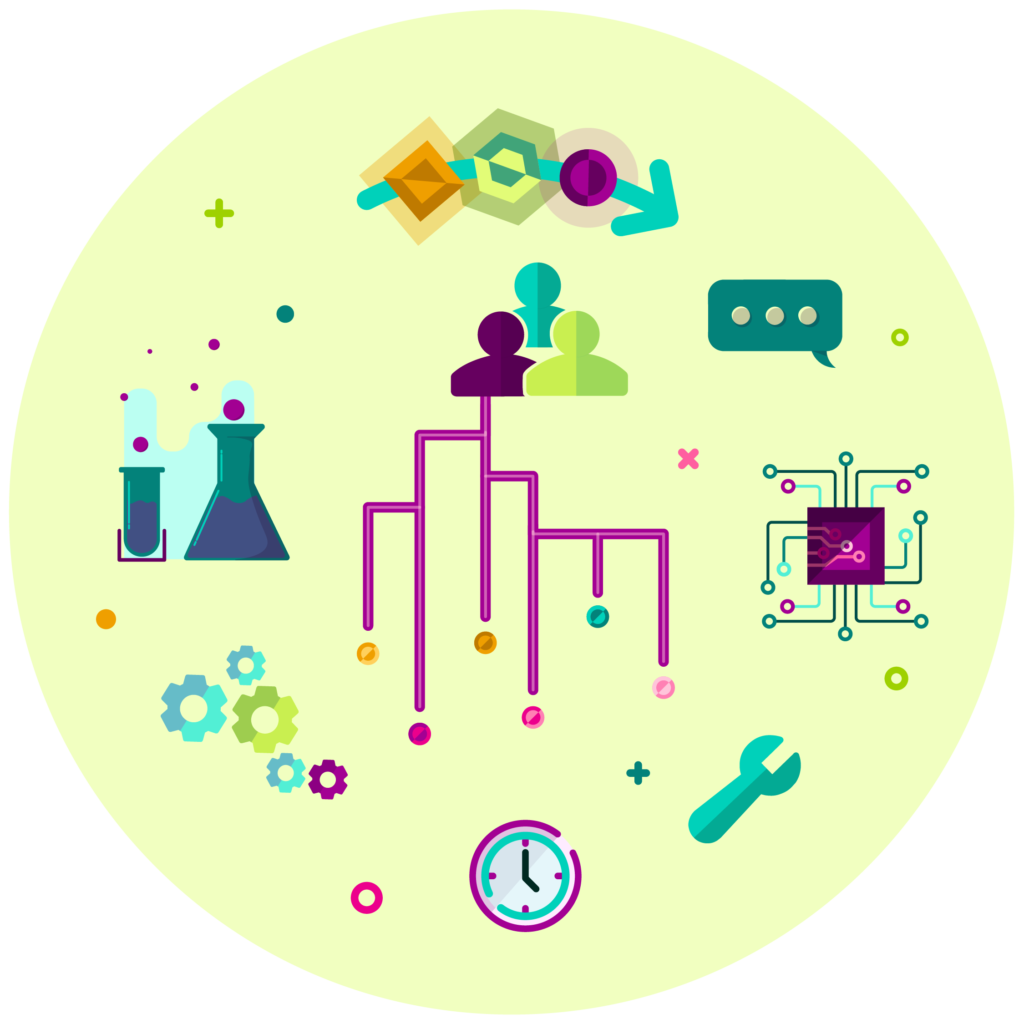Improving pathways to jobs
Workers in Canada require stronger, more accessible pathways to good jobs. They need the right support to enter the labour market and must be able to reskill, upskill and transition between roles and sectors throughout their careers. Yet current systems aren’t reaching everyone who could benefit.
Investment isn’t keeping up
Despite the urgency, public and employer investments in skills and training is notably lower than that of other OECD countries. Between 2011 and 2018, Canada invested 0.08% of its GDP in skills compared to the OECD average of 0.14%. Canadian employers are spending an average of only $240 for each employee each year.
Building a resilient workforce
Without stronger training and career guidance systems, Canada will fall behind. We will not have the workforce required to meet the global low carbon demands or stay competitive in an unpredictable world.
Canada’s prosperity depends on ensuring everyone can access the training and information they need so workers are empowered with the right skills, in the right place, at the right time. Preparing for the future of work calls for coordinated action — connecting workers, employers, educators, and governments — to ensure people have the right skills at the right time.

Key Insights
Unrealized skills cost Canada $49 billion in lost economic output over the past two decades, equivalent to 1.8% of GDP. Skill vacancies remain a major drag on productivity and long-term growth.
Skills mismatches cost the Canadian economy $2.6 billion in 2024 alone, underscoring the urgency of aligning training systems and job pathways with employer demand.
Workers are undertraining and undersupported. In the past year, 43% of workers received no skills training, with 31% of workers reported they had paid for training themselves, and just 24% had training paid for by their employer, primarily in the health and safety sector.

How are mid-career workers supported to upskill?

Skills Central Blog: Adults and career services
Highlights of our impact
The Future Skills Centre is focused on opportunities to do better, supporting workers through transitions, and creating smoother pathways to jobs. This means engaging with workers, education systems, employers and provinces to test training solutions and reimagine employment and career services so they are responsive, coordinated and available to those who need them most.
Using evidence to drive change
Our State of Skills report series shares the lessons we’re learning about how to strengthen career pathways, highlighting the approaches and solutions that help people connect to opportunities. We’re advancing national conversations on job quality to reflect on the evolving values of today’s workers.
Key questions we’re investigating
- What do workers need most to help them transition to new jobs?
- How can we best help workers keep their skills up to date?
- What do workers who have lost their jobs need to get back into the workforce?
- How can we generate and leverage near real-time labour market information to help workers, employers, educators, training providers and government during labour market transitions?
- What’s the role of micro-credentials, work-integrated learning and industry-specific training in strengthening Canada’s workforce?
- How can we leverage AI and other new technologies to improve the delivery of career services?




